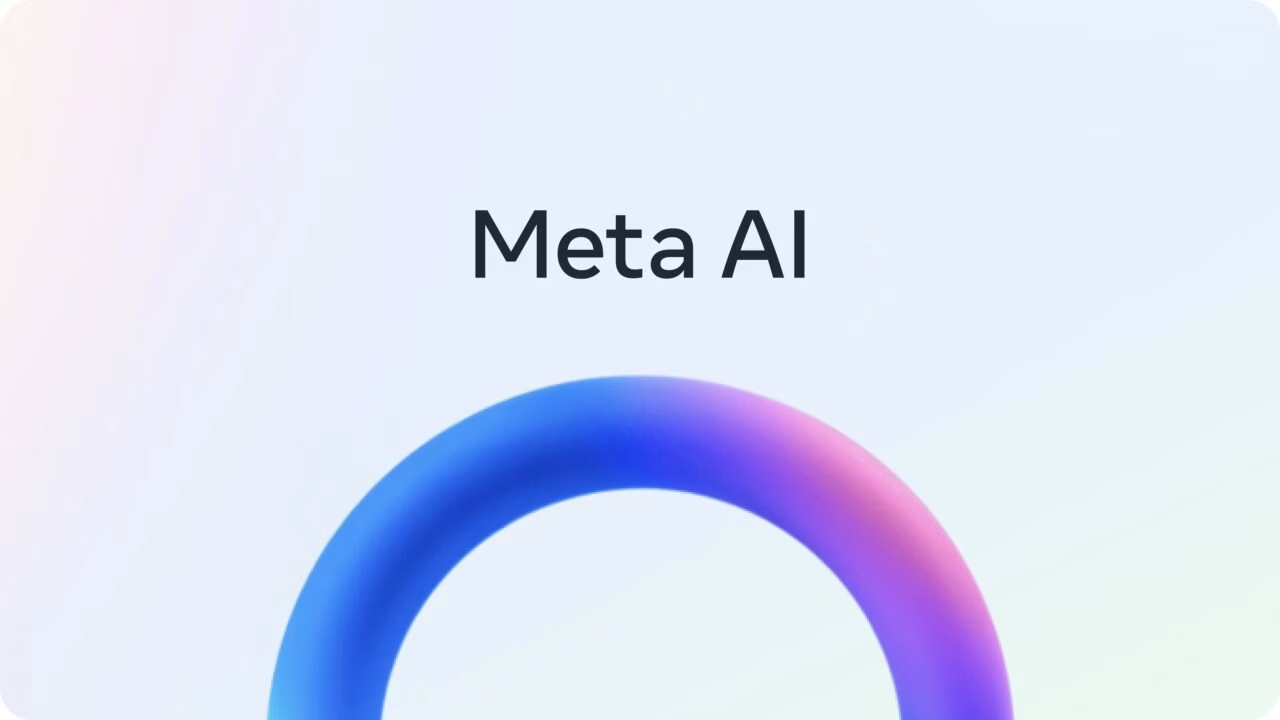Meta Rolls Out Crucial Parental Controls for AI Companions
Meta has officially rolled out new parental controls for its burgeoning AI companions, a move that began globally on October 17, 2025. This significant update, first hinted at during Connect 2025, aims to give parents more granular oversight over their children's interactions with Meta's AI characters and assistants across platforms like Instagram, Messenger, and WhatsApp. It's a critical step, many would agree, addressing growing concerns about AI safety for younger users in an increasingly AI-driven digital landscape.
The timing couldn't be more poignant, frankly, coming amid heightened scrutiny from regulators and child safety advocates regarding generative AI's impact on minors. These controls are integrated into Meta's existing Family Center tools, but they’re far more sophisticated than previous iterations, shifting from basic age gates to real-time monitoring capabilities. This isn't just a simple age gate, is it? We're talking about a comprehensive suite designed to foster a safer, more positive environment for families engaging with AI.
Enhanced Features for Comprehensive Oversight
Parents are now equipped with a robust set of tools to manage their children's AI interactions. Among the most impactful additions are customizable topic filters, allowing guardians to blacklist specific subjects like violence or romance. Meta claims an impressive 95% accuracy for its AI-powered detection system here, which is pretty compelling. Beyond filtering, a real-time intervention feature enables voice-activated pauses during AI conversations. And get this: it's even integrated with Ray-Ban smart glasses for hands-free monitoring. Talk about futuristic parenting!
What's more, Meta's AI companions now feature an "Educational Mode." This promotes STEM topics through "learning nudges" while capping entertainment-focused interactions at 30 minutes daily. It's an obvious upgrade from 2024's basic controls, utilizing the advanced Llama 3.2 AI for predictive flagging, reportedly detecting potentially inappropriate patterns twice as fast. The seamless cross-platform sync, from Instagram to WhatsApp, along with Neural Band hardware integration, truly differentiates these tools from what competitors like Google or Apple currently offer. This stuff could be a game-changer for parental peace of mind.
Mixed Reactions and Industry Benchmarks
The announcement has garnered a wide range of reactions, but largely positive from the parent community. Antigone Davis, Meta's VP of Global Safety, emphasized the company’s commitment to "empowering parents with tools to ensure AI companions are a positive force for families," tying into their vision for responsible AI. Even the FTC weighed in, supporting the updates as aligning with guidelines for protecting children online, calling it a "benchmark for the industry." Child advocacy groups like Common Sense Media praised it as a step forward, yet they're also urging ongoing audits to prevent potential loopholes. Good point.
On social media and user forums, the sentiment is pretty mixed, as you’d expect. Many parents express relief and appreciation for the ease of use, with one Reddit user noting, "Finally, I can monitor my kid's AI chats without spying." However, privacy advocates and some tech enthusiasts voice concerns about data collection and potential overreach. "Feels like Big Brother," another user commented, showing that the line between protection and intrusion is always tricky. Experts like tech analyst Ming-Chi Kuo see it as a "smart pivot to family-friendly AI," potentially boosting adoption rates. But Eva Galperin from EFF, a privacy expert, wisely cautioned that while the intent is good, the data collection aspects "need third-party audits."
Regional Adaptations and Future Outlook
Interestingly, the rollout isn't a one-size-fits-all affair. In Southeast Asia, as highlighted by Mashable SEA, Meta has incorporated region-specific adaptations. This includes support for local languages like Bahasa and Thai, plus compliance with ASEAN digital safety laws, even culturally specific content filters. Singapore and Indonesia are seeing the initial wave, with other regions like the EU facing stricter rules due to GDPR, requiring explicit opt-in for data logs. The US integrates these tools with COPPA compliance. India's rollout, however, is delayed to November 1st, primarily due to local data sovereignty considerations.
This global, yet locally nuanced, approach underscores Meta's ambition to position itself as a leader in ethical AI deployment, particularly when it comes to safeguarding younger users. It's a proactive move, designed to mitigate the kind of legal and reputational challenges that have plagued other platforms and AI developers in recent years. What does this mean for the long game? It certainly looks like Meta is betting big on responsible innovation to build trust and drive adoption in the evolving AI landscape.
